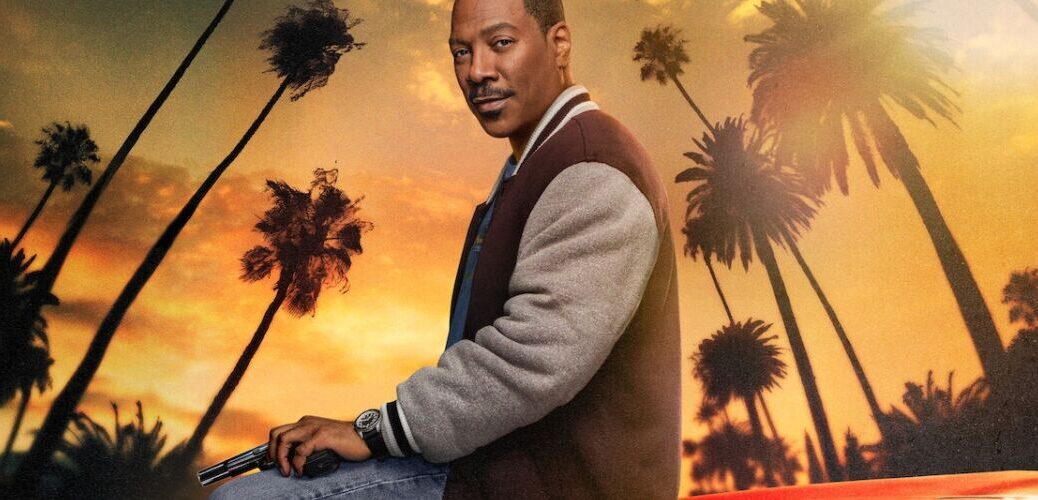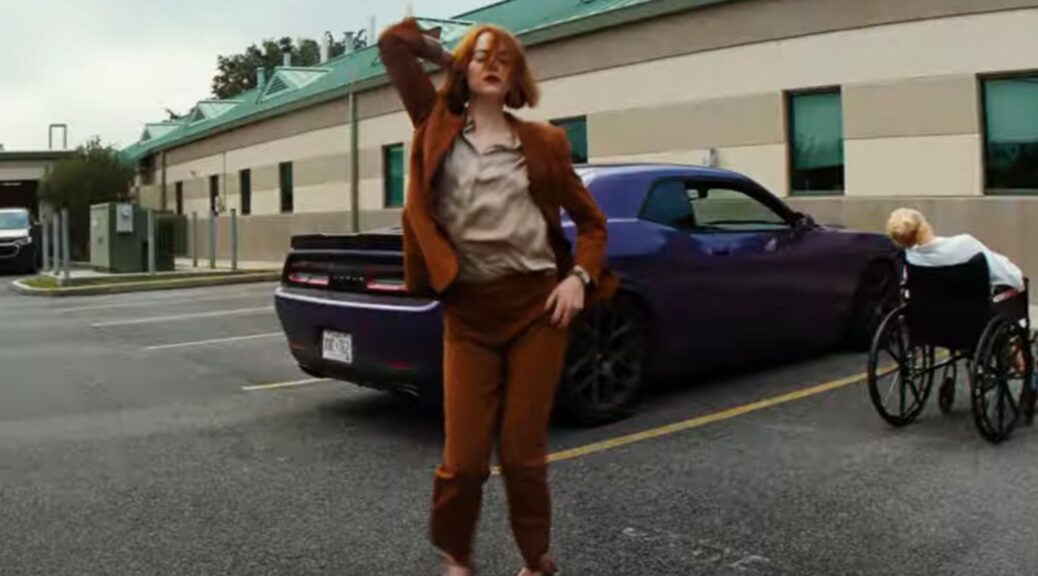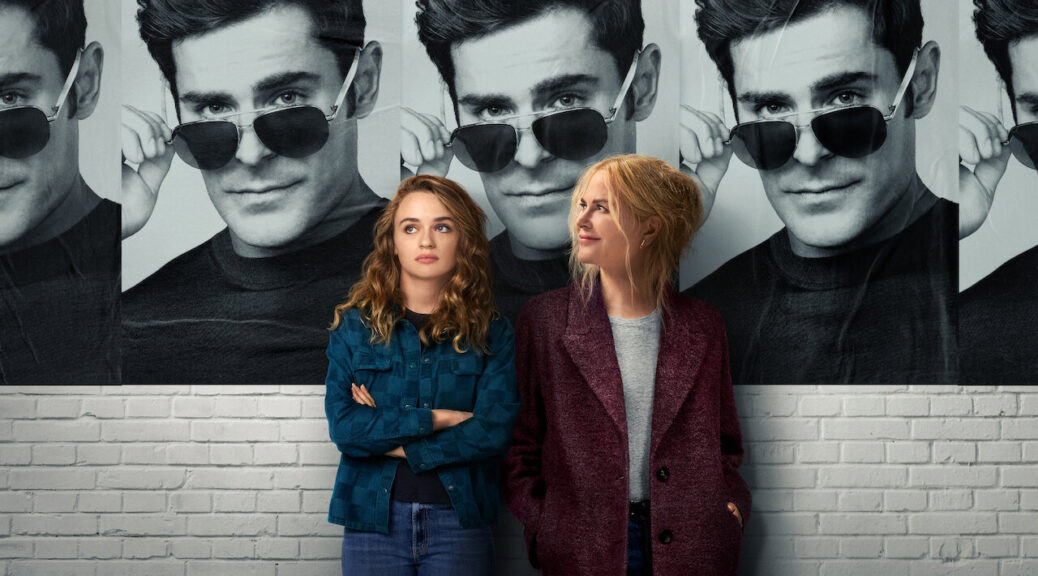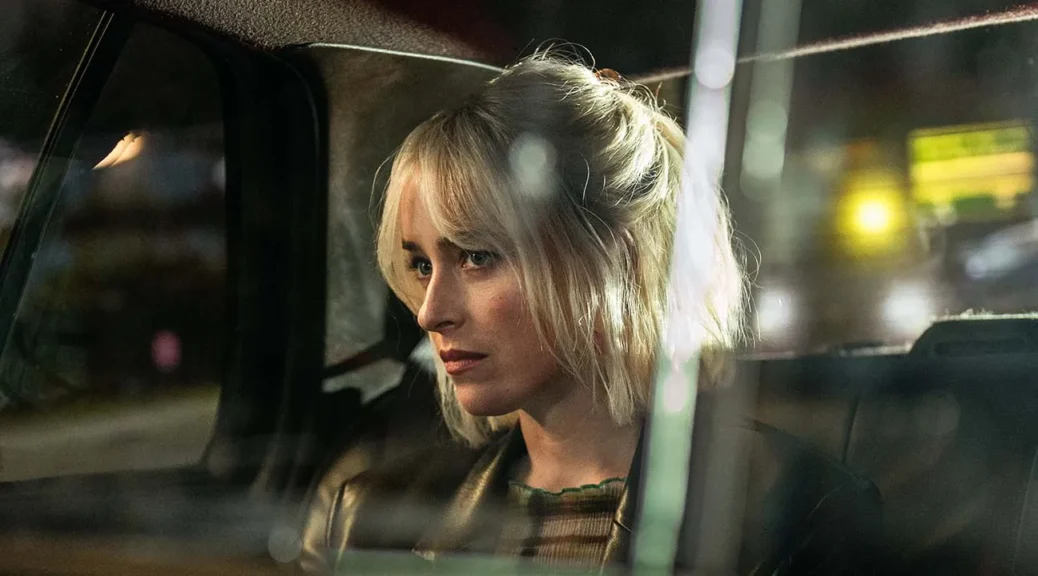The Last Breath
by George Wolf
You’ll notice some form of the word “shark” has not been worked in to the title, which is your first clue that The Last Breath wants to be taken more seriously than much of the sharksploitation fare.
It’s still a shark movie, just one that tries to be a little more based in reality.
Tries. A little.
Noah (Jack Parr) works at a dive shop in the Caribbean that’s owned by the deep-in-debt Levi (Julian Sands, in his last role). The two have recently discovered the wreck of the USS Charlotte, which went down thanks to an enemy torpedo during WWII.
So Noah has some exciting news to share with his college friends, who have just come in for a reunion party. One of the group, Brett (Alexander Arnold) is a rich douche, and he offers Noah and Levi big money to hold off reporting the find for one day, so they can all be the first to dive the Charlotte.
As a certified scuba diver who has gone on a few wreck dives, I can tell you that this is suicidal idiocy. But I get the lure of the premise for writers Andrew Prendergast and Nick Saltrese. It sets up a saltwater take on The Descent, where monsters are waiting in unexplored territory.
And of course, these divers must be equipped with full face diving masks and integrated microphones so that we can see more of the actors’ faces and the characters can speak to each other underwater. Yes, I’m again picking nits on these tourist dive shops offering such expensive equipment, but the bigger problem is the inane dialog and forced exposition that follows.
Director Joachim Hedén, a veteran of diving adventure films, does exhibit a fine command of underwater space and framing, creating a decent amount of tension with visual checks on remaining air supply or a frayed guideline. But while the footage of lurking great whites may integrate sufficiently, the shark attacks themselves offer less than thrilling CGI effects.
On the sharkin’ scale, this is indeed a step up from the ‘nados and the Megs. But if you’re waiting to hear The Last Breath belongs among the rare air of The Shallows or Open Water…
Don’t hold it.













